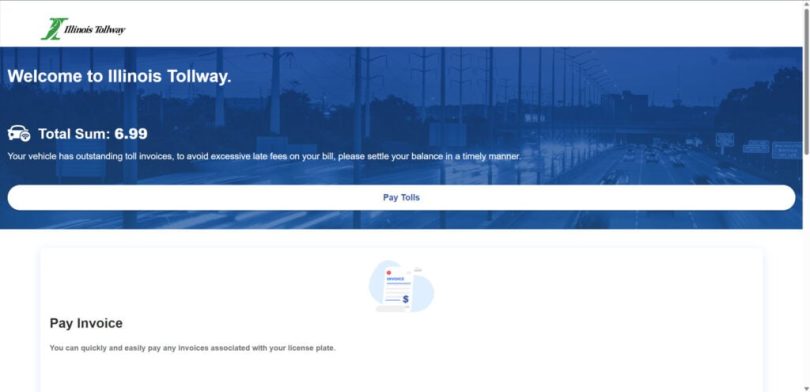The City Department of Transportation “Final Warning” Text Scam: A Guide to Avoiding Fraud
In recent times, hundreds of reports have surfaced about a deceitful scam that has been targeting New Yorkers. The City Department of Transportation “Final Warning” text scam has been leaving residents feeling shaken, particularly those who are unaware of the tactics used by scammers. In this article, we will provide an in-depth understanding of the scam, its modus operandi, and most importantly, how to avoid falling victim to it.
The scam, in essence, involves receiving a text message claiming to be from the City Department of Transportation, stating that the recipient’s vehicle or license has been issued a violation and is subject to fines or penalties. The message will typically include a sense of urgency, stating that the recipient must take immediate action to rectify the situation. The message may read, for instance: “Final warning! Your vehicle has 24 hours to pay a fine or face a suspension of your license. Click [insert link] to learn more.”
It is important to note that the City Department of Transportation does send important notifications to the public, such as traffic updates and construction alerts. However, these notifications are typically sent through official channels, such as the MTA or the NYPD, and do not require the recipient to click on links or provide personal information.
How the Scam Works
Here’s how the scam typically unfolds: the fraudster sends a deceptive text message, claiming to be from the City Department of Transportation, and including a sense of urgency. The goal is to prompt the recipient into clicking on the link provided, which may lead to a phishing website designed to steal personal and financial information. The link may also download malware onto the user’s device, giving the scammer access to sensitive data.
To avoid falling victim to this scam, it is crucial to be aware of the tactics used by scammers. Here are some key red flags to watch out for:
* Pressure to take immediate action or provide personal information
* Use of generic greetings, such as “Dear driver,” instead of a personalized address
* Urgency tactics, such as “Final warning” or “Time is running out”
* Questionable links or URLs, especially those that are incomplete or contain typos
* Misspellings or grammatical errors in the text message
What to Do If You’ve Received a Suspicious Text
If you’ve received a suspicious text message claiming to be from the City Department of



